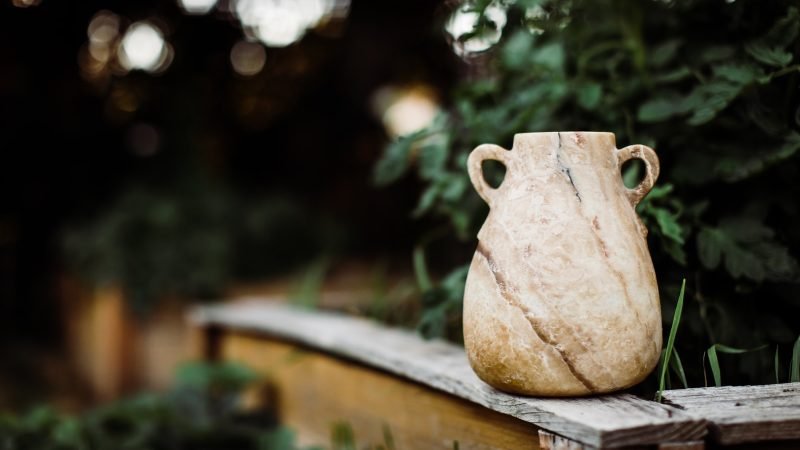What would you say is the defining characteristic of a Christian?
- Faith?
- Love?
- Kindness?
- Zeal for the gospel?
A Christian certainly should cultivate these and many other virtues, but is there one that underlies all the others?
From the list above, my guess is that most people would say love is the fundamental virtue of the Christian. That would make sense. “God is love,” after all (1 John 4:8).
However, Andrew Murray says otherwise. “Humility,” writes Murray, “is the only soil in which virtue takes root … Humility is not so much a virtue along with the others, but is the root of all, because it alone takes the right attitude before God and allows Him, as God, to do all” (17).
Is there any virtue the Christian can develop apart from God? Are the virtues simply good character traits the Christian produces within himself by himself? Jesus doesn’t think so: “for apart from me you can do nothing” (John 15:5).
In my last devotional, I pointed out what Murray says humility is: it is being nothing in order that God may be everything. This has been God’s desire for us since Creation.
Murray writes in Chapter 1 of Humility:
When God created the universe, it was with the objective of making those he created partakers of His perfection and blessedness … God desired to reveal Himself in and through His creatures by communicating to them as much of His own goodness and glory as they were capable of receiving. But this communication was not meant to give created beings something they could possess in themselves … Rather, God as the ever-living, ever-present, ever-acting One, who upholds all things by the word of His power, and in whom all things exist, meant that the relationship of His creatures to Himself would be one of unceasing, absolute dependence. (15)
If Murray is correct in his interpretation of life pre-Fall, then that means humility is not only a virtue of Christianity, but it is essential to human nature. To be a human is to first and foremost rely on the One who breathed life into you.
God is the Creator and Sustainer of all things. “From him and through him and to him are all things” (Romans 11:36). All things come from Him. As His creatures, we depend upon Him for everything.
But that is not all. It’s not enough to depend upon God for everything in life. If all things are from Him, through Him, and to Him, then our lives are to bring Him glory. As His image-bearers, we are to reflect His nature.
Murray puts it this way:
We as His creatures have not only to look back to the origin and beginning of our existence and acknowledge that we owe everything to God—our chief care, highest virtue, and only happiness … but we must also present ourselves as empty vessels, in which God can dwell and manifest His power and goodness. (15)
There is only one way to approach God—only one disposition that will ensure you do not die in His presence: humility. You cannot offer anything to God that He has not already given you. You cannot do anything for Him apart from His power. You can only present yourself as an “empty vessel” for God to fill. And if you do that, all the other virtues will follow.
You must humble yourself if you will submit to Christ and put your faith in him. You must humble yourself in order to love others, in order to act in a self-sacrificial way for their good. You must humble yourself if you will show kindness to others and not seek your own gratification. And if you will commit yourself to the propagation of the gospel, you must halt the building of your own kingdom and set your mind on God’s kingdom.
Presenting yourself as an empty vessel to God doesn’t require an extra dose of spirituality. It’s easy to read Murray and think that he was on a completely different level than others, a level much closer to Heaven. But cultivating humility is not complicated. Murray says “humility is simply acknowledging the truth of [your] position as creature and yielding to God His place” (17).
May God grant us help to do just that. May God make us empty vessels.


